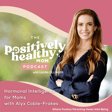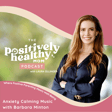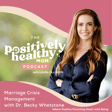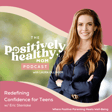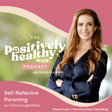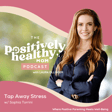
Co-Parenting Made Healthy
Welcome to The Positively Healthy Mom Podcast! I’m your host, Laura Ollinger, and today’s episode dives into an essential topic for parents navigating the challenges of divorce. Joining us is Andra Davidson, a certified divorce coach, mediator, and creator of the Better Than Divorce program™. 🌟
Andra specializes in guiding individuals through the emotional stress, anxiety, and overwhelm that often accompany the divorce process. She shares actionable strategies to help moms reduce conflict, rebuild confidence, and establish healthy co-parenting relationships. Her mission? To transform divorce from what she candidly calls a 'shit sandwich' into a manageable process that leads to growth and healing.
In this episode, Andra provides insights on how moms can balance self-care while parenting, minimize the impact of divorce on their kids, and build sustainable co-parenting “bridges” with their exes. She also addresses common struggles like emotional entanglement and the dangers of blaming a co-parent in front of children.
If you're navigating divorce or supporting someone who is, this conversation offers wisdom, empathy, and practical advice for moving forward. Grab your coffee, settle in, and join us for this empowering discussion. 🎧






